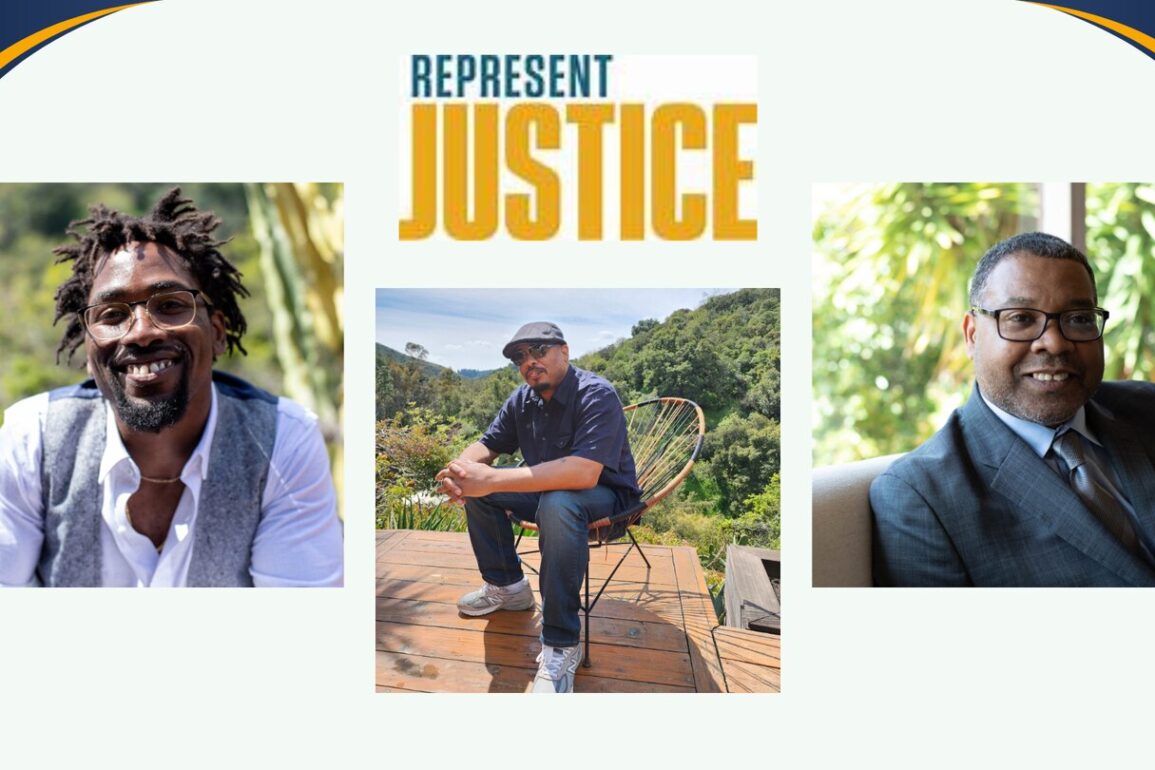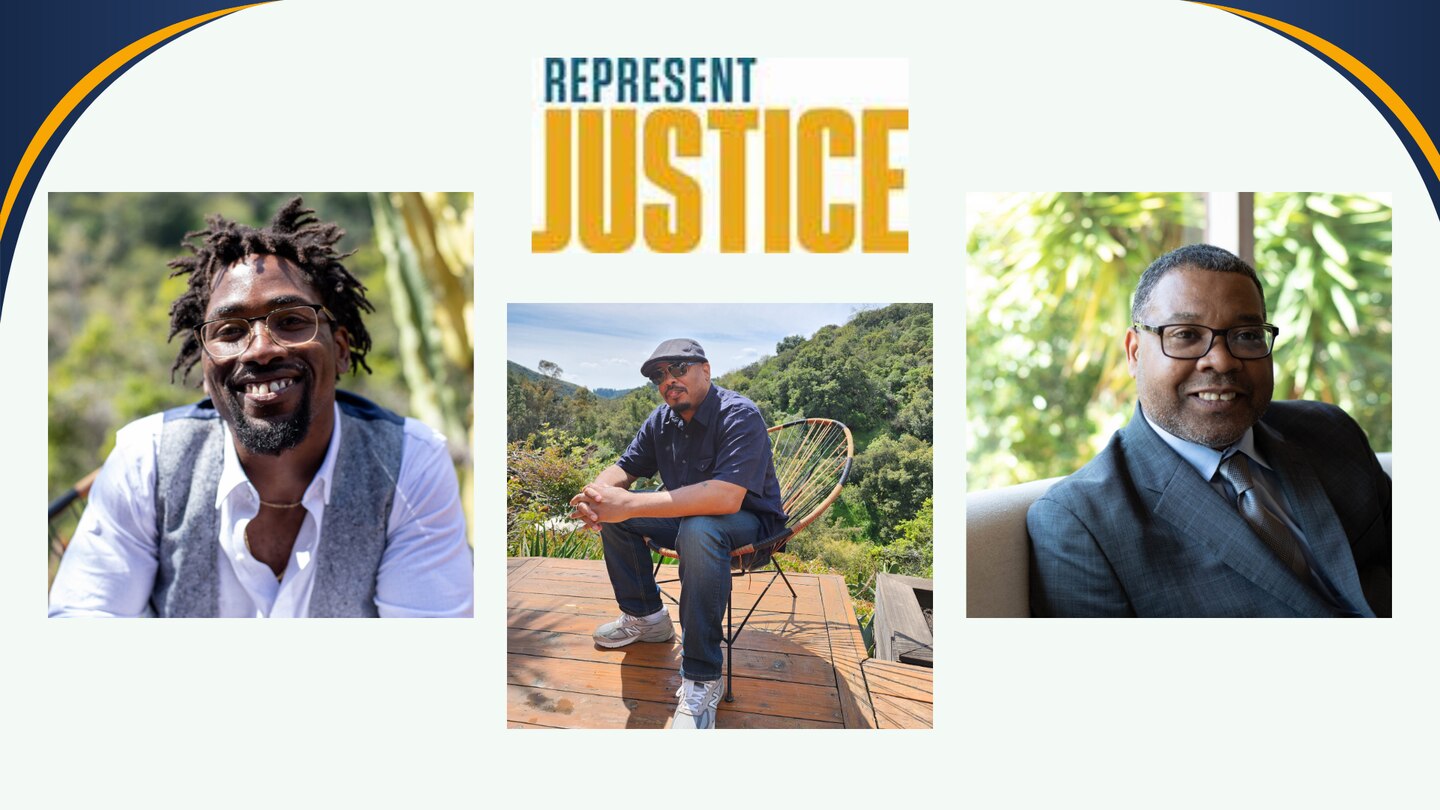
Earlier this year we partnered with Represent Justice to highlight some of the system-impacted storytellers from their ambassador program. Today we want to introduce you to three storytellers from their new cohort: JJ’88, Eddie Ellis Jr. and John Pace.
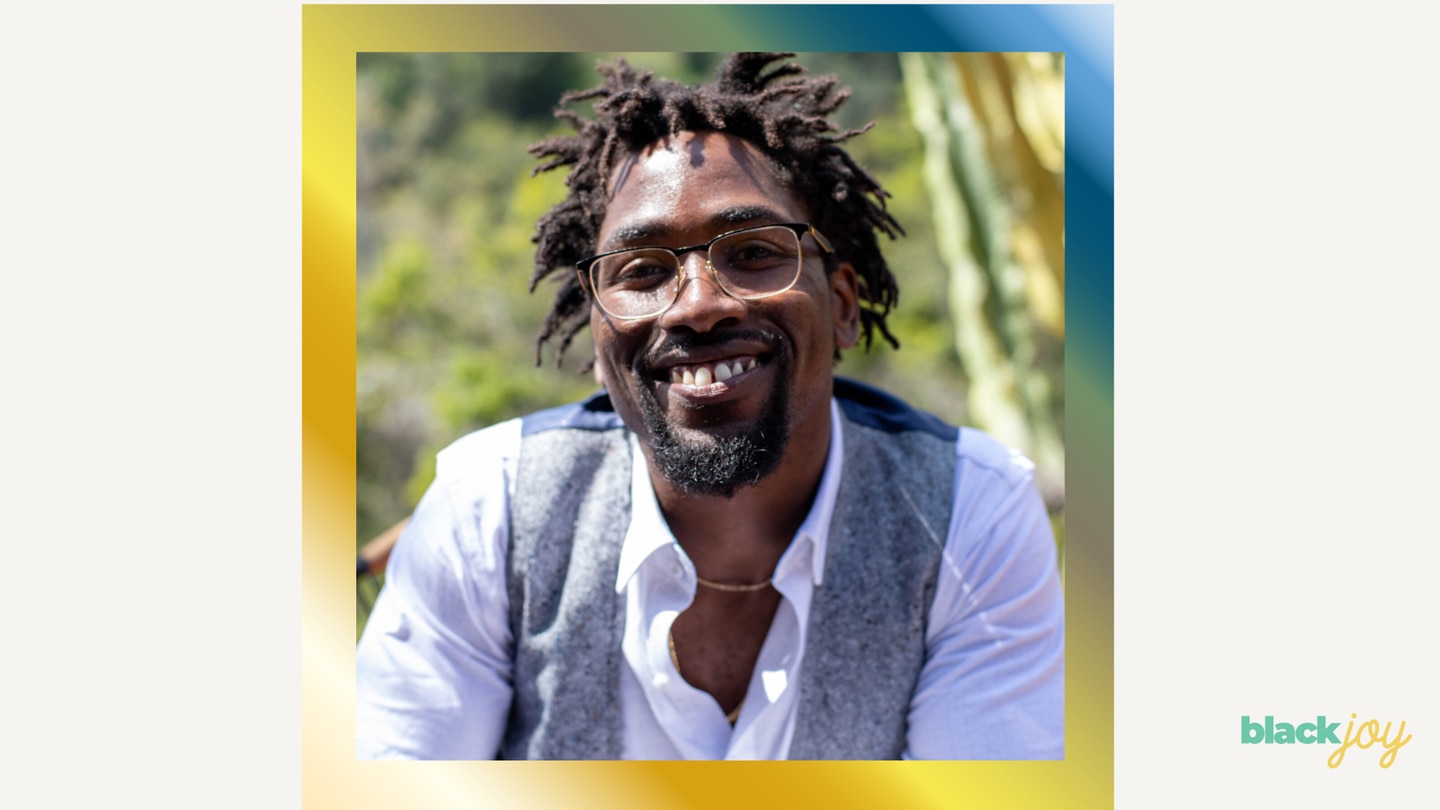



JJ’88, an organizer and musician, discusses his artistry, what he hopes people gain from his art and his forthcoming project with Represent Justice.
Is there a relationship between your artistry and the role creativity plays in the act of resistance?
I would not describe my artistry as being rooted in resistance at all. However, there are moments in the art I create that can be seen that way. Being an abolitionist, me and my art can be perceived as resistant to the current status quo. I see my work as more generative than resistant.
Your music reaches specifically for “grace, love and accountability,” why would you say all three are necessary?
Having a value or virtue-based foundation is a vital part of creating meaningful and lasting music and films. Without love, grace, and accountability at the heart of my art, much of what I say can be taken out of context. Experiencing my music and films requires the audience to have an amount of grace and love for me. Making the kind of art I do requires the same of me for my audience participation. And through most of the music and films I make I try to give an account of my life choices while inviting others to be accountable in their own lives.
What do you hope people feel when they hear your music?
I hope people feel my humanity through my art. I also hope they can find the commonality we all share as people even though we may come from different backgrounds.
Can you tell us a little bit about the project you’re working on as a Represent Justice ambassador?
The project I’m working on as a Represent Justice ambassador is a song/short rooted in the spirit of having the freedom to travel the world. After being incarcerated since my childhood, I have a strong desire to travel and discover the many parts of the world that I was kept from for 18 years of my life. Traveling is a privilege that should be a human right in my opinion.
Eddie Ellis
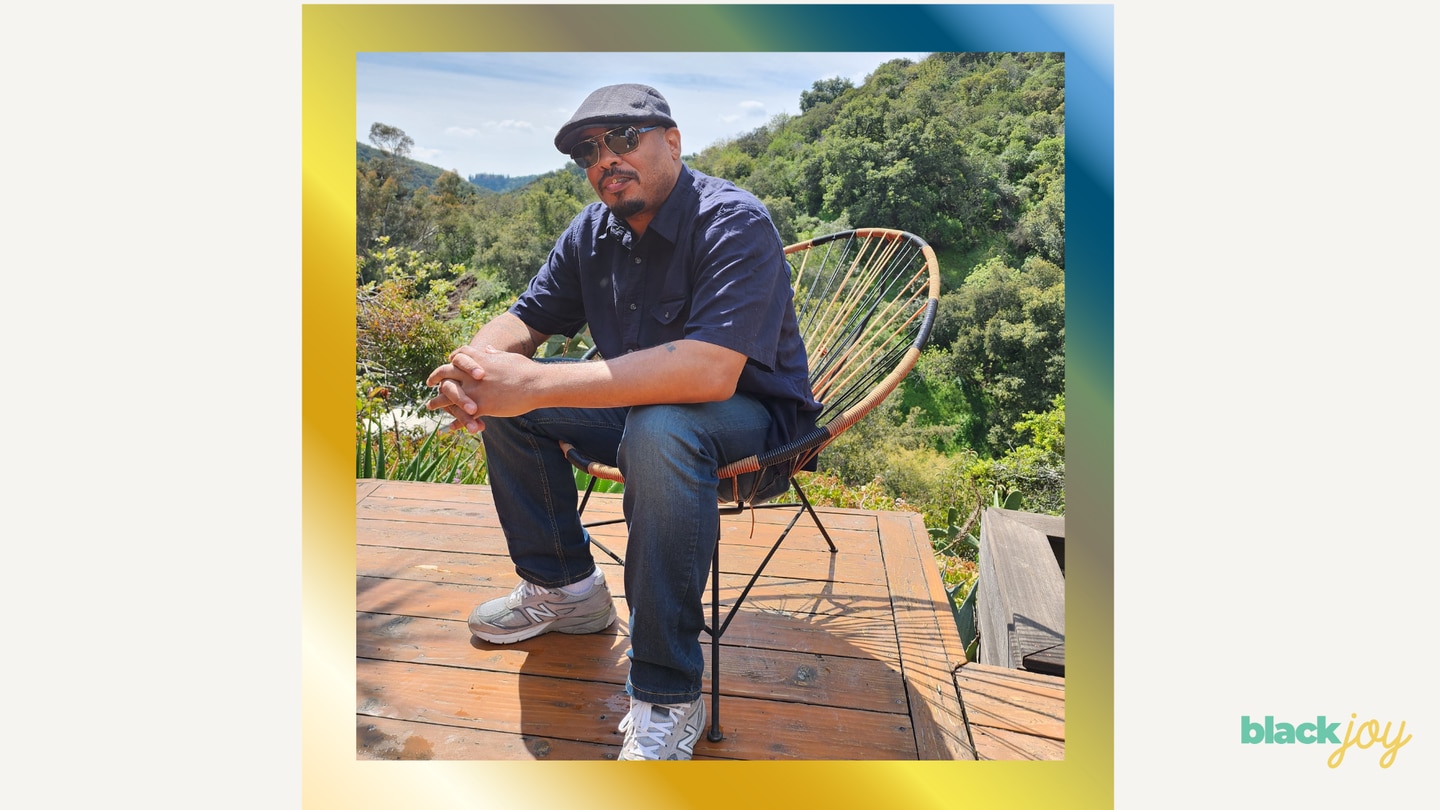



Eddie Ellis, a reentry advocate, mentor and motivational speaker, discusses what he hopes to accomplish as a Represent Justice Ambassador, why supporting formerly incarcerated folks is important, and the inspiration behind his new book, “Change is Possible.”
John Pace
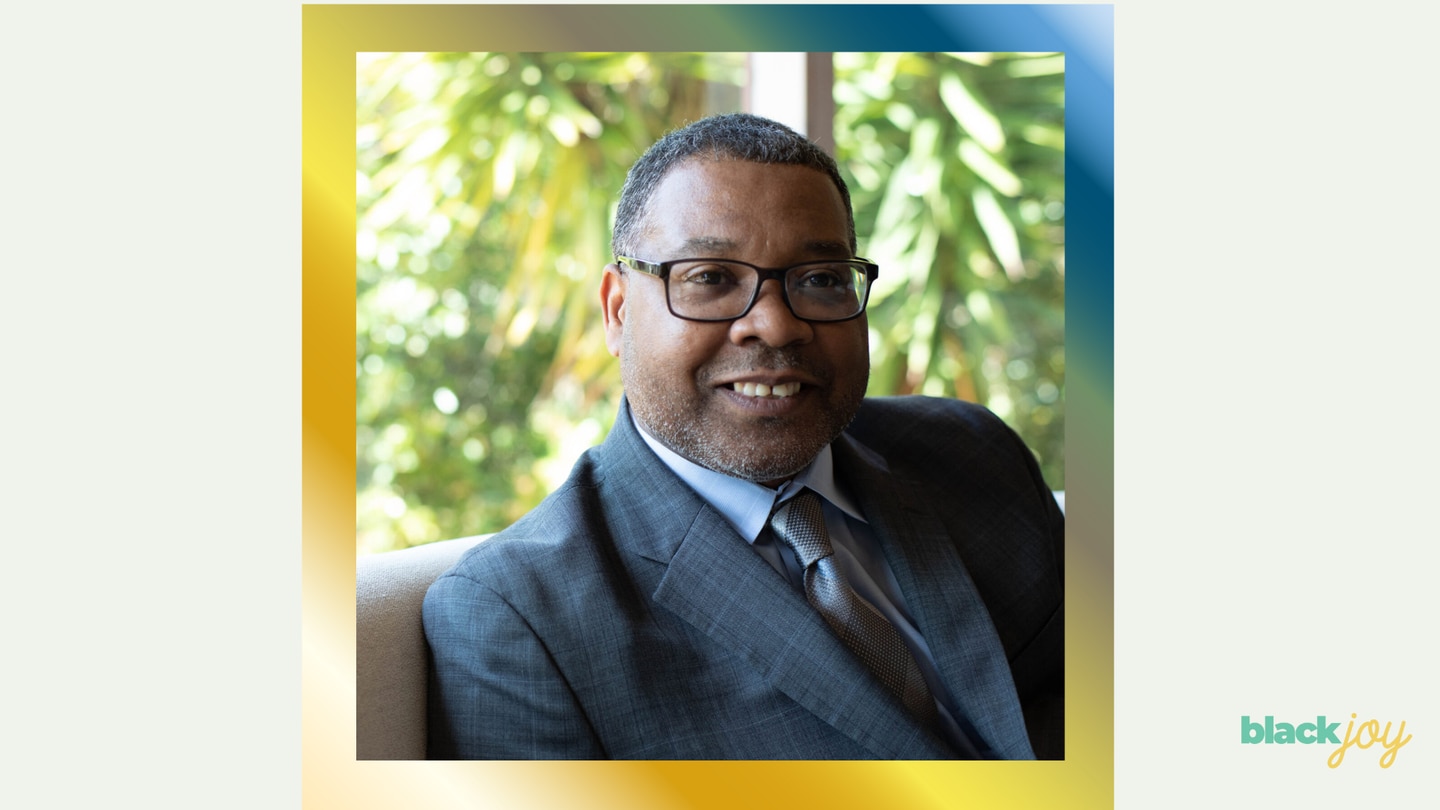



Sentenced to life in prison at just seventeen years old, John Pace discusses his work advocating for folks who were sentenced to die in prison as children, how the work has changed him for the better and the work he’ll focus on as a Represent Justice Ambassador.
How has the work you’ve done to help others returning home changed over the last 6 years?
I work with the Youth Sentencing & Reentry Project (YSRP) in Philadelphia to help keep children out of adult jails and prisons and to bring home men and women who were once sentenced to die in prison when they were children. As the Senior Reentry Coordinator, I leverage my experience and the resources of the organization to support and walk alongside our client partners; helping them to pursue and obtain their self-determined goals. I believe that the biggest changes over the last 6 years in the work that I do is the acknowledgement of the need to include those who have been impacted by the criminal justice system to be a part of the solution. I recall a time when this practice was not a consideration, because of the get tough on crime rhetoric. Also, another change that I noticed is the acknowledgement of the historical role of trauma in marginalized communities. These changes have allowed over 300 men and women who were once sentenced as a child to die in prison to come home, and it created the opportunity for men and women over the age of 18 to have their sentences commuted. These have been historical victories in our criminal justice reform efforts in Pennsylvania and Philadelphia specifically.
How has doing this work changed you?
The greatest change in my life in doing this work has been the pleasure to walk alongside young men and women and witness them express their self-determination, and the transformative power in treating people with dignity and respect. I was forced to face the opposite of this doing my 31 years of incarceration. As you’ve traveled the nation sharing your experiences, what is the most common question people ask you, and what do you wish they would ask you instead and why?
As I travel the nation sharing my experiences, the most common question people ask me is how I was able to survive being incarcerated for so many years, and particularly for someone as young as I was when I went into prison. This often led to me explaining the nature of my prison experience and my methods of surviving prison. However, I wish they would ask how could we as a nation sentence children to death and impose a life without the possibility of parole on more children than any other nation and ask what is the root cause of this practice?
I would rather this question be asked because it would allow us the opportunity to have deeper discussions focused on historical reasons for these systemic practices.
I was sentenced to die in prison at the age of 17 and I served 31 years in prison before the U.S. Supreme Court declared that sentencing children to a mandatory life without parole was unconstitutional. During my 31 years of incarceration, I was often forced to reflect on why me and how I found myself in this situation. In the course of doing this reflection, I began to witness others similarly situated as myself, and many of them like me were children of color, coming from similar marginalized communities. This caused me to explore the conditions that were conducive to us finding ourselves vulnerable to poor decisions and subjected to harsh treatment. I believe the structure of these conditions are rooted in our country’s long legacy of white supremacy that permeates many institutions throughout our country that foster these outcomes.
Can you tell us a little bit about the project you’re working on as a Represent Justice ambassador?
As a Represent Justice Ambassador, my project will focus on institutions and systemic practices that have been conducive to allowing children to be condemned to die in prison; but more broadly, the impact of these systemic practices on communities of color.
To learn about the rest of the new cohort, visit the Represent Justice website.
This post was originally published on this site be sure to check out more of their content.



